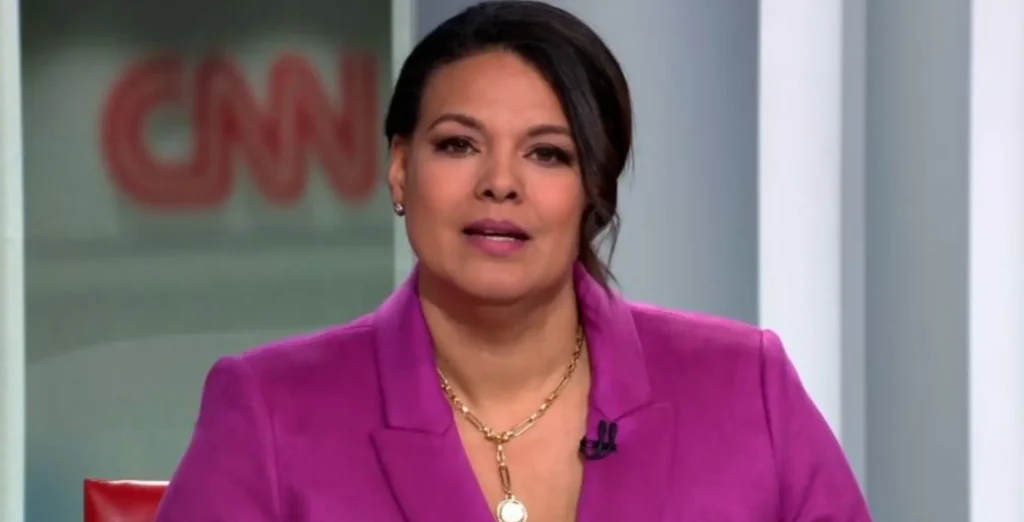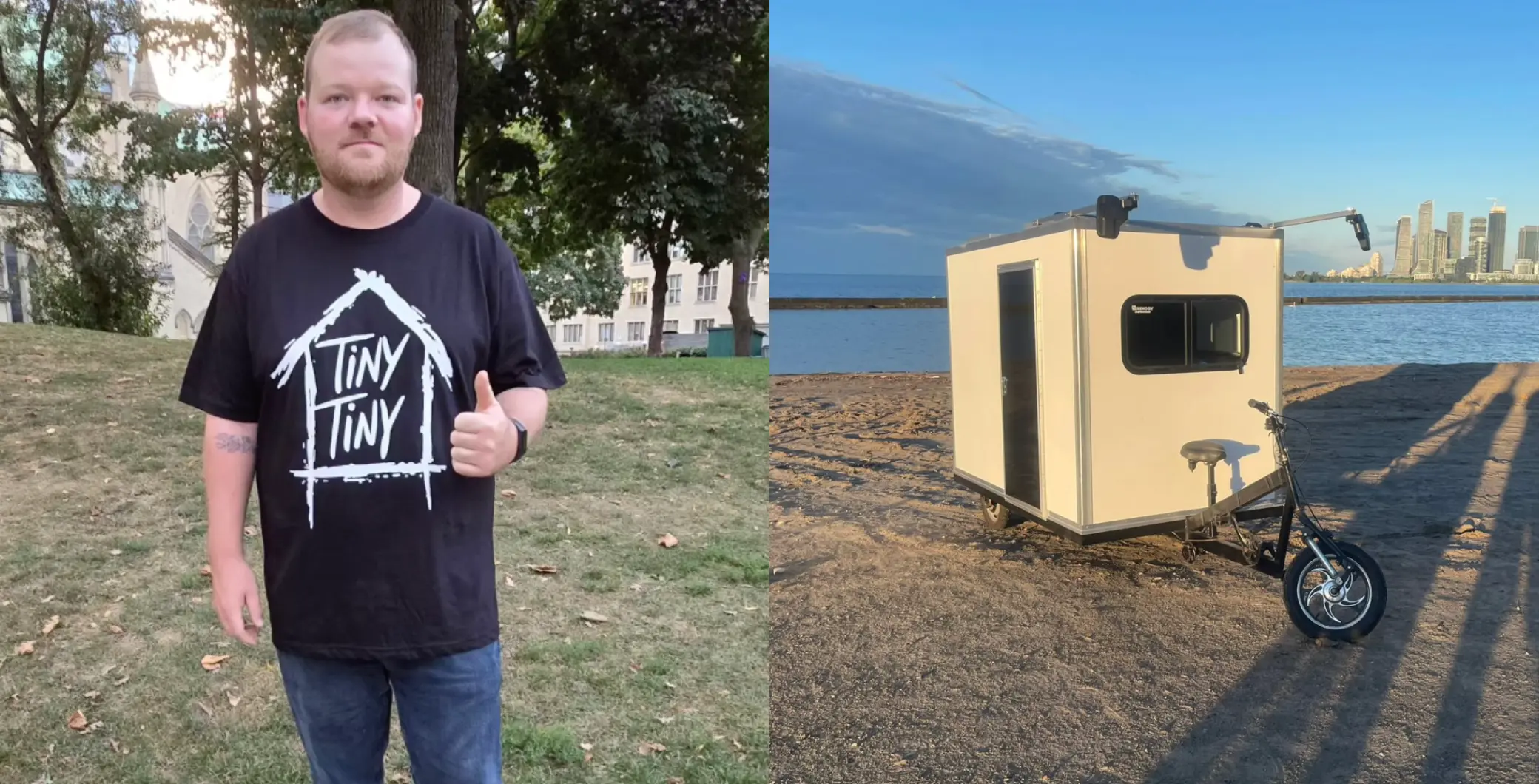On Monday, Sara Sidner shared with viewers live on-air that she was diagnosed with stage three breast cancer.(Courtesy: CNN)
____
CNN News anchor Sara Sidner took a break from telling other people’s stories in order to shed light on her own.
On Monday, Sidner shared with viewers live on-air that she was diagnosed with stage three breast cancer.
Please for the love of God get your mammograms and do your self exams. I want you to thrive my sisters. 🩷🩷🩷🩷🩷🩷🩷 pic.twitter.com/jIuW8WwSb2
— Sara Sidner (@sarasidnerCNN) January 8, 2024
“Just take a second to recall the names of eight women who you love and know in your life. Just eight. Count them on your fingers. Statistically, one of them will get or have breast cancer. I am that one in eight in my friend group,” she began.
She goes on to say that despite not smoking, rarely drinking alcohol and breast cancer not running in her family, she was surprised by the diagnosis.
“It is hard to say out loud. I am in my second month of chemo treatments and will do radiation and a double mastectomy,” she continued.
Although the diagnosis was her first reality check, it wasn’t her last.
“Here is the reality that really shocked my system when I started to research more about breast cancer, something I never knew before this diagnosis: If you happen to be a Black woman, you are 41 per cent more likely to die from breast cancer than your white counterparts.”
However, according to the American Cancer Society, Black women in the U.S. have approximately a four per cent lower incidence rate of breast cancer than white women.
Yet, since 2019, breast cancer has been the leading cause of cancer death for Black women.
And although these figures are from south of the border, here in Canada the conversation surrounding the importance of breast cancer education hasn’t been ignored.
According to the Canadian Cancer Society, breast cancer is the most commonly diagnosed cancer among Canadian women and an estimated 27,900 Canadians are diagnosed with breast cancer every year.
In fact, last year the health organization held a free, virtual event to empower and educate Black women with information and resources about breast cancer and gynecological health and wellness.
Best Health for Black Women was also used to recognize the unique experiences of Black women by providing awareness and information about breast cancer risk factors, prevention and screening and early detection, as well as the importance of family history.
Sidner stressed the importance of catching the early signs and getting tested every year.
“Please for the love of God get your mammograms and do your self exams. I want you to thrive my sisters,” she tweeted on Monday.
The silver lining is that she now has a new lease on life.
“I’m learning that no matter what hell we go through in life that I am still madly in love with this life, and just being alive feels really different for me now,” she shared.










